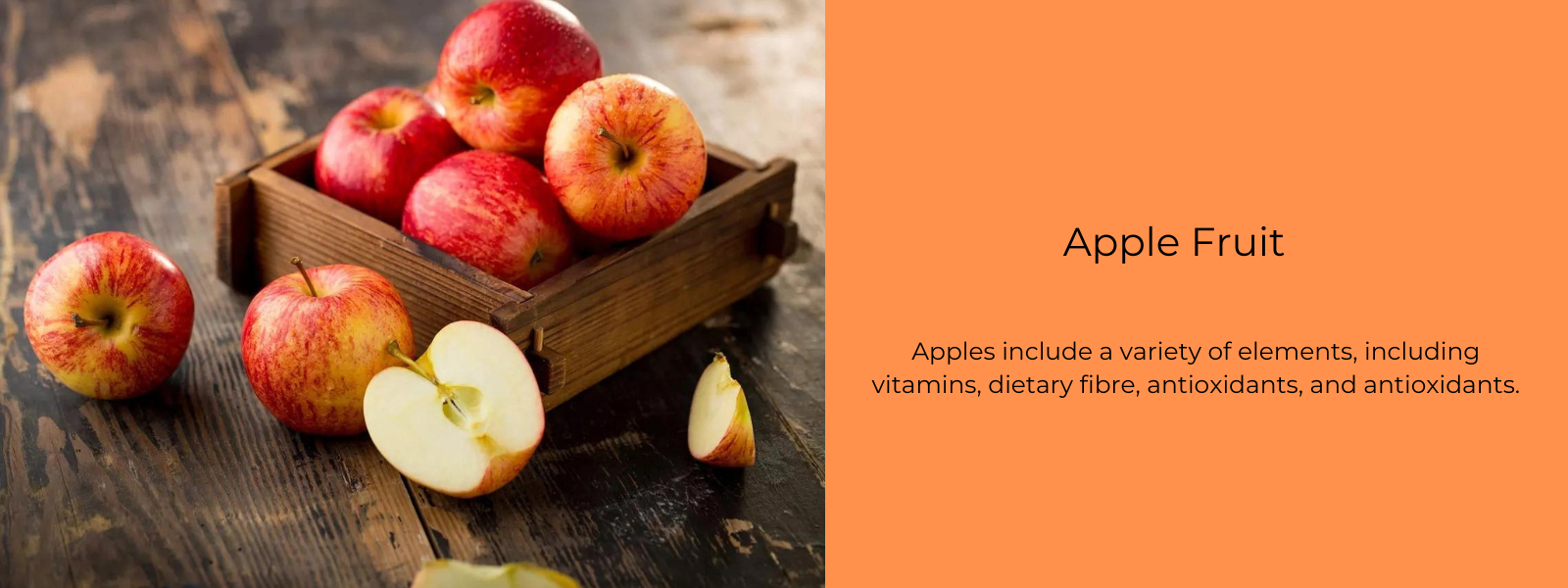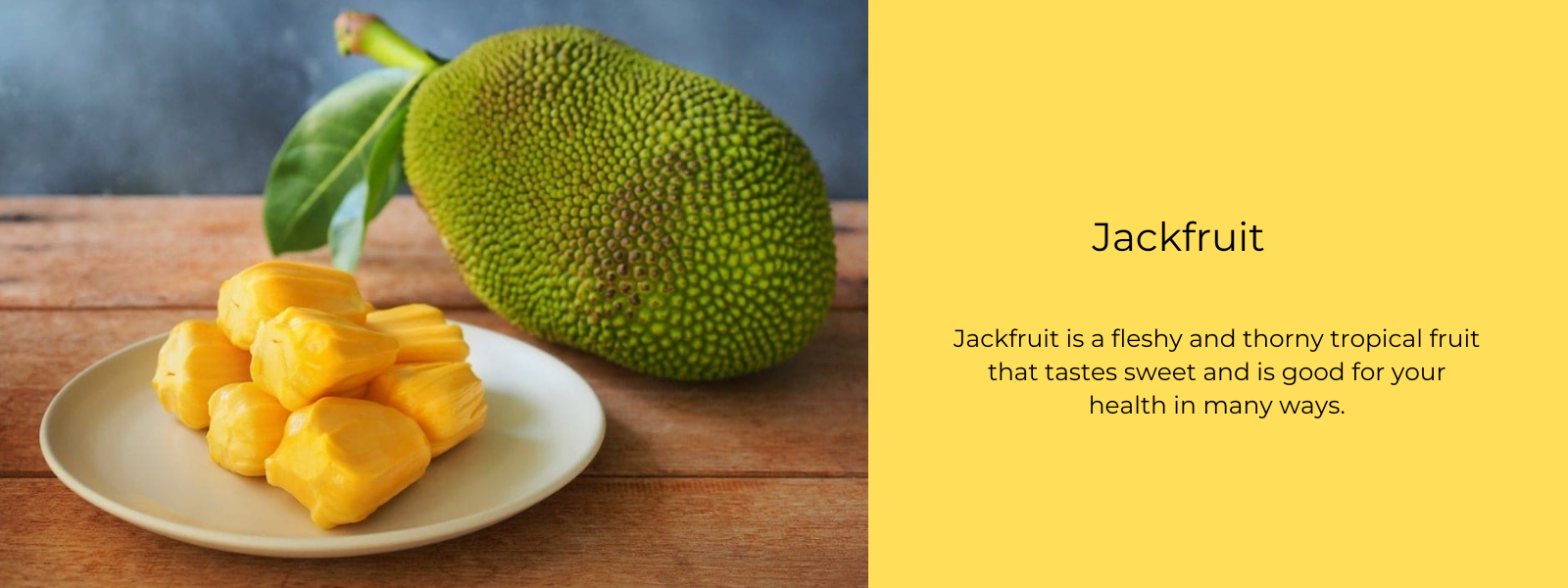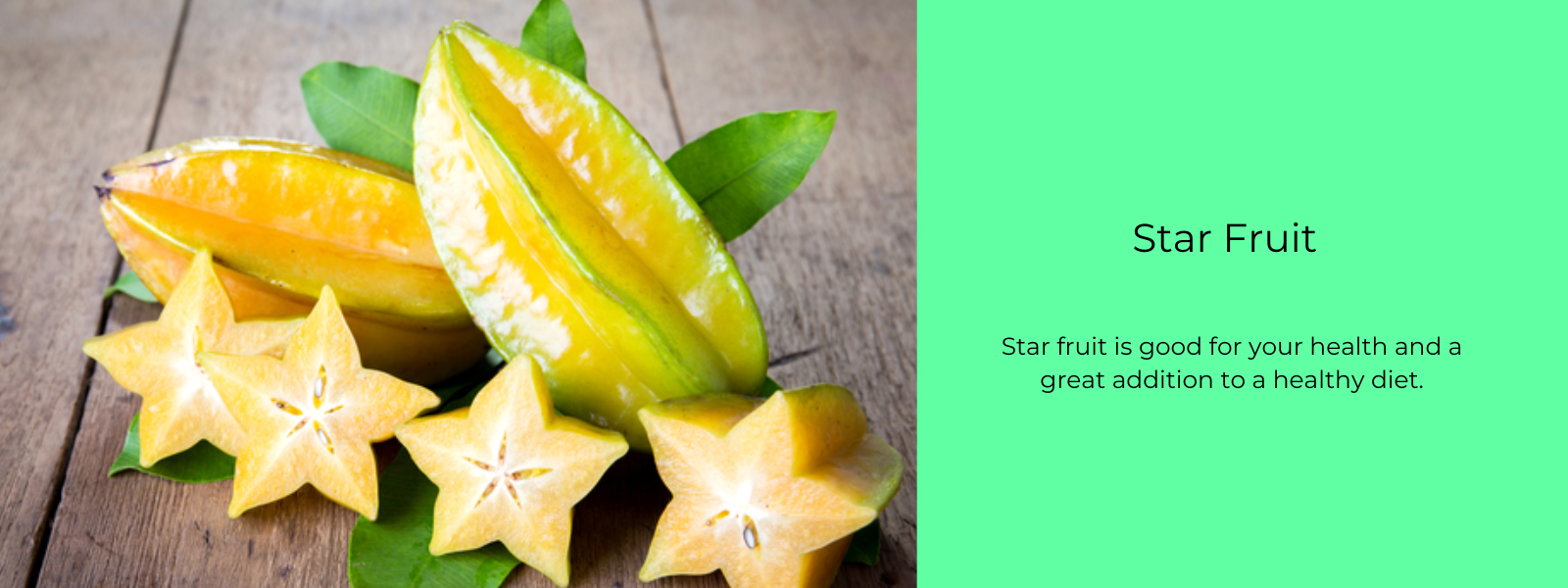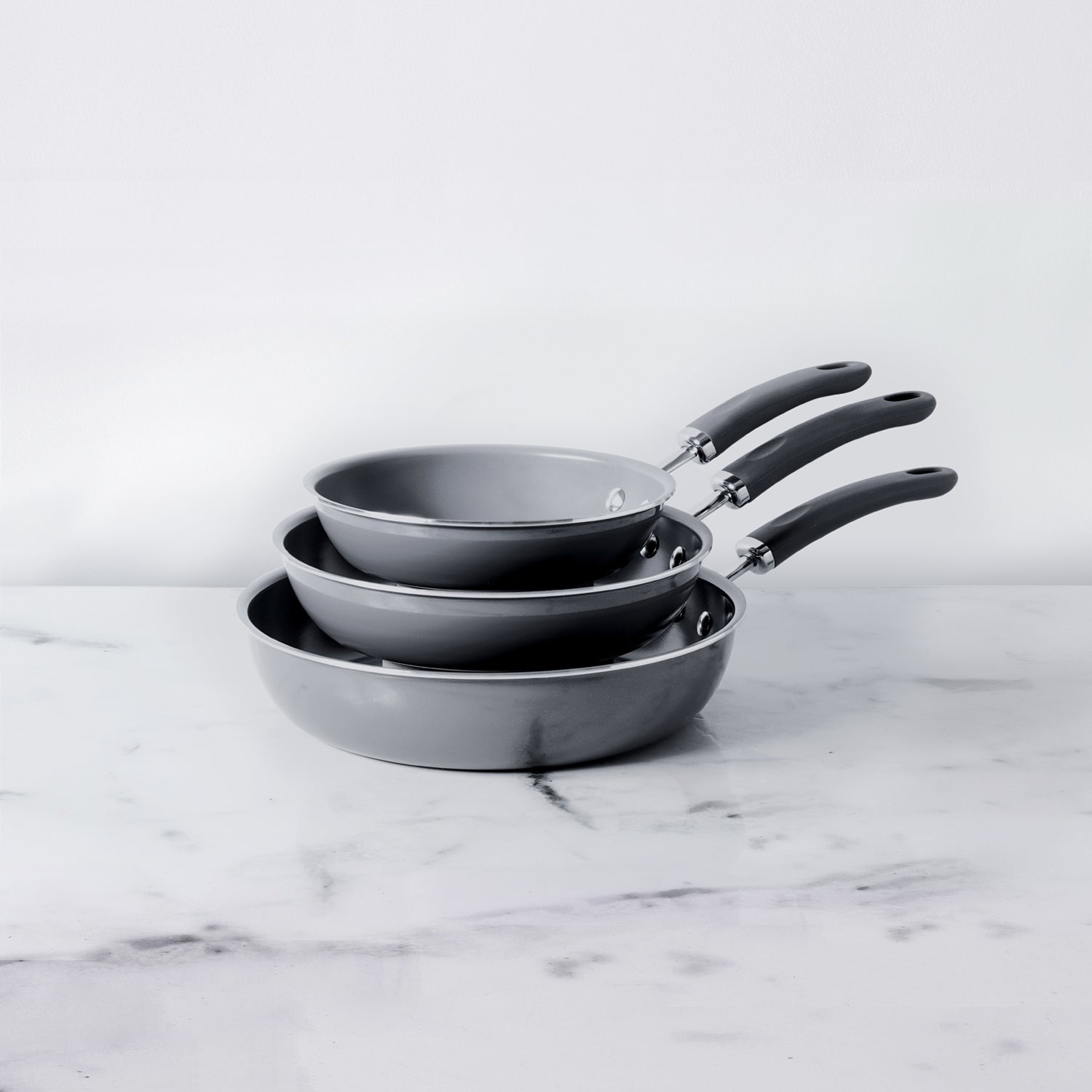Although peaches are little and have a soft exterior, don't underestimate them. One medium peach provides around 11 percent of the daily vitamin C requirement. Healing wounds and maintaining a healthy immune system are two of the many benefits of this vitamin. Moreover, it aids in the elimination of "free radicals," or molecules that have been linked to cancer due to their ability to cause cell damage.
Table of Contents
What are peach fruits?
Peaches, scientific name Prunus persica, are tiny fruits with a fuzzy skin and juicy white or yellow flesh.
The almond, plum, apricot, and cherry trees all share a common ancestor with peaches. Because their flesh encases a hard shell that protects an edible seed, these fruits fall under the category of drupes or stone fruit.
They are versatile and can be used in many different recipes. In addition, peaches are healthy and may help with a variety of issues, such as easing gastrointestinal distress, softening the skin, and reducing allergy symptoms.
Plant description:
Peach trees tend to be on the smaller side, with a maximum height of about 21 feet. Nonetheless, when grown in a garden, they are typically pruned to a height of 3–4 metres (10–13 feet). Leaves are glossy green, lance-shaped, and long-pointed, and they often include glands at their bases that release a fluid that attracts ants and other insects. The blooms, which appear in the axils of the leaves, cluster at the nodes along the stems from the previous season. Outer rim of the small tube (hypanthium) that forms the base of the flower bears the five petals (often pink but sometimes white), five sepals, and three whorls of stamens.
How to incorporate peaches into your diet?
One can eat peaches in a variety of ways, and here are a few examples:
- Peach slices are a tasty addition to oats, yoghurt, and other breakfast foods. What a delightful way to start the day!
- Peaches, either fresh or frozen, and milk make a delicious smoothie. The addition of ice and bananas is also acceptable. In the works: a refreshing fruit smoothie.
- Throw in a few peaches, either fresh or frozen, to the bottom of your morning tumbler before you pour your usual brew.
- Warm some peach slices with some cinnamon and you've got yourself a tasty snack. After that, it's fine to eat as part of a meal.
How to select peaches?
- Try to get a whiff of the fruit before you buy it. Due to its place in the rose family, the ideal peach would exude a pleasant, floral scent.
- You should seek out peaches that are a pale golden or creamy gold in colour. If a peach is red instead of yellow, that just signifies it's a different variety.
- All fruit should yield easily to gentle pressure. But not in a gooey way. You shouldn't squeeze the peaches either because they bruise easily.
How to store peaches?
- Put the peach on the counter at room temperature for a few days if it is firm. This fruit will mature.
- Keep the ripe peaches in the fridge and eat them within a week.
- Sliced peaches won't brown as quickly if you add some lemon juice to the dish.
Health benefits of peaches:
- Boosts healing:
Although peaches are little and have a soft exterior, don't underestimate them. One medium peach provides around 11 percent of the daily vitamin C requirement. Healing wounds and maintaining a healthy immune system are two of the many benefits of this vitamin. Moreover, it aids in the elimination of "free radicals," or molecules that have been linked to cancer due to their ability to cause cell damage.
- Boost Your Eyesight
Peaches' lovely golden orange hue comes from the antioxidant beta-carotene. The vitamin A your body produces from eating it is essential for good eyesight. It also aids in maintaining the health of your immune system and other systems.
- Maintain a Healthy Gastrointestinal System
Six to nine percent of the daily value for fibre can be found in a single medium-sized peach. Diabetes, heart disease, and colorectal cancer are just few of the diseases that can be prevented by eating high-fiber meals. Getting adequate fibre can help prevent constipation, which may be the most noticeable benefit.
- Achieve and Maintain a Healthy Weight
With a low calorie count of 60 or less, peaches are a healthy choice because they are low in saturated fat, cholesterol, and salt. And water makes up more than 85% of a peach. Aside from that, you'll feel fuller after eating a fiber-rich meal. You won't be as hungry after eating them.
- Rich in Vitamin E
However, while most people associate vitamin E with nuts and seeds, ripe peaches are also a good source. Most of the cells in your body need this antioxidant. Additionally, it helps keep your immune system strong and functions normally, and it dilates blood vessels to prevent internal clotting.
- Fortifies Your Bones
Diets heavy in salt can be countered by increasing intake of potassium. It may help reduce the risk of kidney stones and bone loss in addition to lowering blood pressure. Daily potassium intake should be around 4,700 milligrammes, with whole foods being preferable than supplements. The potassium content of peaches ranges from 247 milligrammes in a small peach to 285 milligrammes in a medium peach.
Frequently Asked Questions (FAQs) about peaches:
Q: What is a white peach?
Ans: Peach, more specifically. White peaches have pink flesh and skin. They taste less sour and have a lower acid level than regular lemons.
Q: Do almonds come from peaches?
Ans: No. Almonds are harvested from trees.
Q: Can you have peach tea?
Ans: Peach leaves, bark, or both can be used to make tea. It has a variety of remedial uses. It is beneficial for a number of reasons, including stress relief, better heart health, and a boosted immune system. Many of the peach's health benefits are present.
Q: Are peaches safe for diabetics to eat?
Ans: Peaches are healthy for diabetics because they have a low glycemic index.
Q: Are peaches considered a superfood?
Ans: Yes. Peaches are considered a superfood due to their high vitamin, nutritional, and antioxidant content.
Q: Is it okay to eat peaches late at night?
Ans: Yes. Peaches are safe to consume late at night.
Q: Do peaches help you sleep better?
Ans: A good night's sleep is facilitated by a healthy neurological system, which is supported by the magnesium present in peaches.











Leave a comment